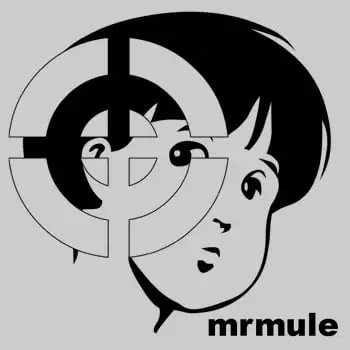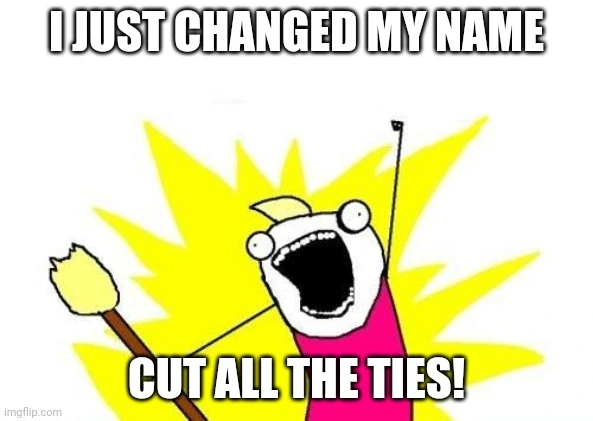CW: Reddit
Originally from https://old.reddit.com/r/polandball/comments/1gg2ifk/eurosummer/
Shark is hai in German and haj (pronounced hai) in Swedish. blåhaj means blue shark.
“We are sinking! We are sinking!”
“What are you sinking about?”This is for the Swedish interpretation of the spelling, blåhaj is also a popular child’s song in Sweden.
The å is pronounced almost exactly like the English word ‘awe’.
j in Swedish makes the sound of English’s y
Blå haj is then pronounced as - ‘bloa high’
The å is pronounced almost exactly like the English word ‘awe’.
Blå is then pronounced as - bloa
ಠ~ಠ
The thing that my girlfriend struggled with when she moved to sweden was our swedish letter “y”. She can do it now, but it still doesn’t come naturally, she has to consciously move the right muscles to pronounce it.
Blahaj is blaa-hai but its blåhaj which is pronounced as blo-hai
I’m not sure landlocked Nepal swims that well
But I like mispronouncing it
Real, there’s something fun about saying “blaaahj”
Me too, always makes me keen for baja tacos and I subconsciously make a positive association with the instance/word.
blah hodge 🤣🤣🤣
Wait, “blo” as is “blow” or “blue”? English is stupid language…we have no accents to show which form of a vowel we’re using. I’m assuming “blow”, as that makes the most contextual sense, but again, English is dumb.
They don’t have one for blåhaj, but Wiktionary has an audio file of someone pronouncing blå (blue) in Swedish. The second half of blåhaj sounds like English “Hi,” and the phonemic transcription of the full word is /ˈbloːhaj/. The /bloː/ part is kinda like how someone from Glasgow or someone with a strong German accent might say “blow.”
Sounds like “bloh” to me
B-law
blow-high
Edit: well, kinda. the sound doesn’t exist in English but the closest i can think of is the o-sound in “score”. and there’s no diphthong, which is why people tend to write “blo-”. it’s a flat sound, which English sort of doesn’t do.
Don’t know why I thought it was pronounced “blow ha”.









